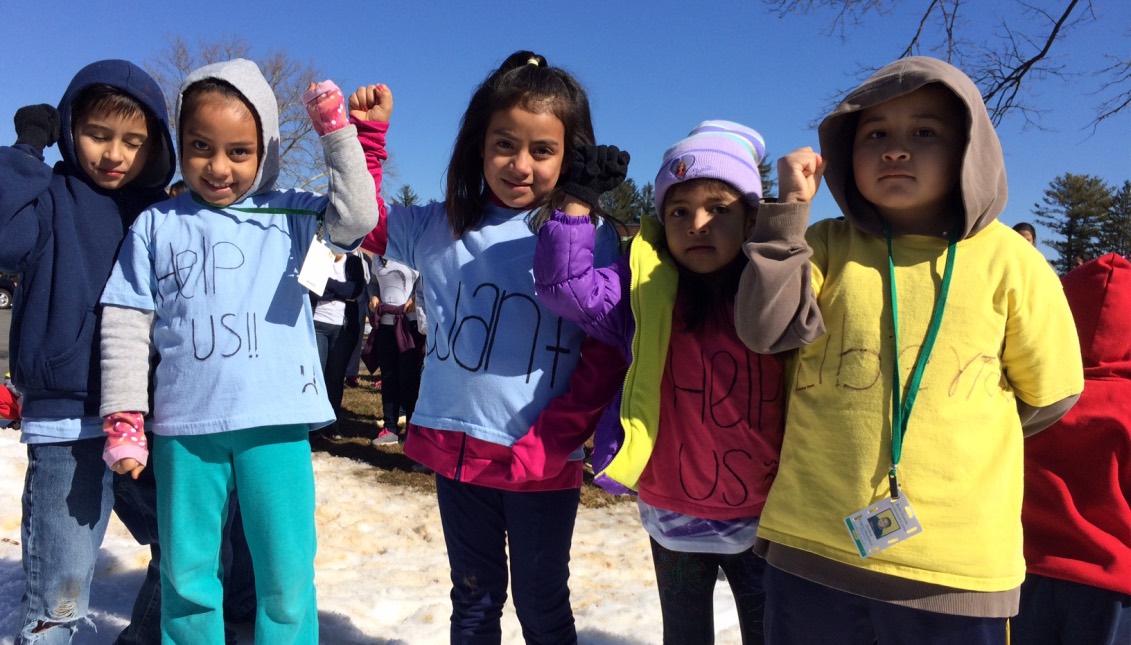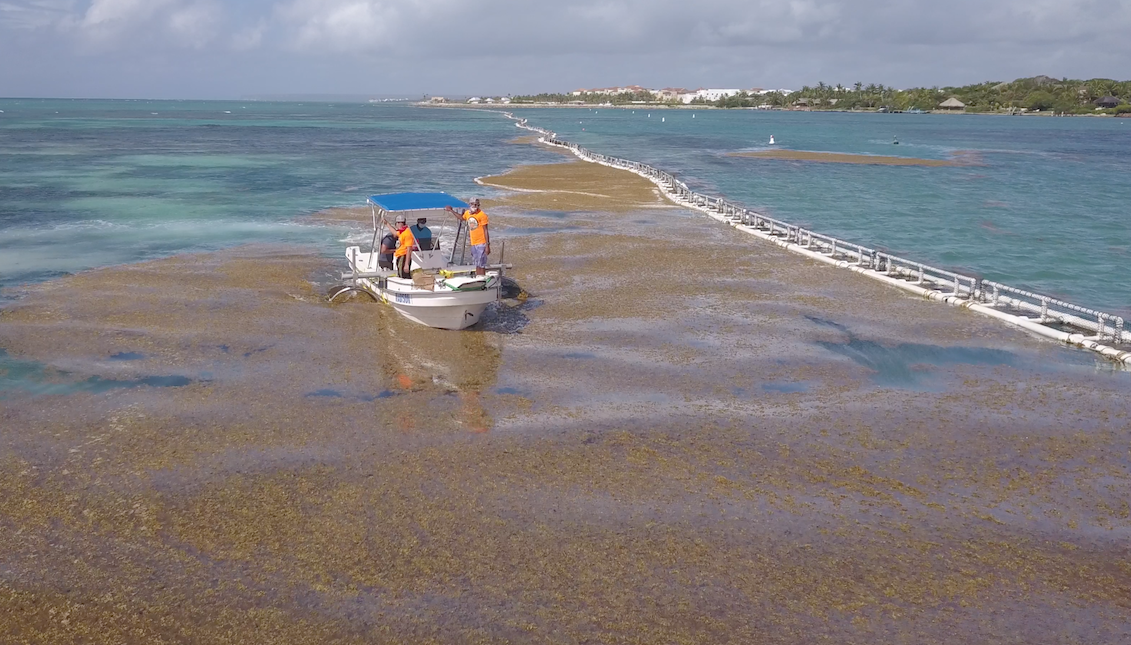
Shut down the family detention centers
As of Sunday, the Berks County Residential Center in Leesport, Pa., has been operating without a license. That’s because the commonwealth’s Department of Human Services in January let the facility know that it would not renew its license Feb. 21, because the center violates the state’s child residential facility rules by housing both children and adults. The center — which is owned by Berks County and is leased to and operated by ICE — has appealed the decision, and is permitted to remain in operation until a ruling is handed down on the appeal.
The Berks detention center is one of three family detention centers in the nation. The other two, in Texas, were ordered by U.S. District Judge Dolly Gee, last year, to to release the immigrant children held there given the widespread, deplorable conditions, and violations of the Flores Agreement, which holds that unaccompanied minors be granted bond and placed in the custody of family or a legal guardian when available rather than incarcerated.
In response to the ruling, the Texas centers have applied to be licensed as child care facilities (which are subject to different strictures) and have shipped families who “time out” of those facilities to Berks. It was, in fact, that site’s petition to expand from 96 occupants to 192 that first drew DHS’s license revocation.
Advocates for immigrants have long held that the detention centers are sites of rampant human rights abuses. Rape and sexual abuses have allegedly taken place at the Berks center. In June 2015, the immigrant women incarcerated at Berks went on strike refusing to clean the prison until they gained release for their children. “Since the strike was launched guards have begun to add the names of children, some as young as 13, to the list of work assignments,” Fernanda Marroquin, a member of Migrant Power Movement, said at the time. “Some of the families have been held for more than a year and face abusive treatment from guards and staff on a daily basis.”
 A Feb. 6, 2016 letter written to the media from those held at the Berks center states: “We are mothers who have been in detention from August 2015 through today. We’ve been transferred from various centers in Texas, along with our children who are from 20 months to 17 years old. These children have suffered psychological and physical harm because of this incarceration.”
A Feb. 6, 2016 letter written to the media from those held at the Berks center states: “We are mothers who have been in detention from August 2015 through today. We’ve been transferred from various centers in Texas, along with our children who are from 20 months to 17 years old. These children have suffered psychological and physical harm because of this incarceration.”
There is no doubt that incarceration and detention has deleterious effects on children. In the Texas ruling last year, the judge noted that it can cause “long lasting psychological, developmental, and physical harm.” Adult survivors of the Japanese American internment camps have also vouched for that assessment, among them Hiro Nishikawa, who along with other members of Pennsylvania Immigrant and Citizenship Coalition (PICC), Juntos, Galaei Philly, and Make the Road PA, NJ, NY and CT, was at the Berks Center Feb. 22 to urge its closure.
At the rally the executive directors of Juntos and PICC, Erika Almirón and Sundrop Carter, respectively, were removed to police cars (where they were held, cited for trespassing and told they had to leave the premises immediately or be arrested) for simply crossing an invisible line to hug some of the detained children.
“I am not a criminal,” is what 5-year-old Jesse, a detainee, told Maria Sotomayor of PICC.
It is our enduring shame that we have treated that 5-year-old child as a criminal condemned to live incarcerated without even the prospect of a trial.
While there is no way to undo the past, there is a way forward: close down the family detention centers. All of them. Now.
Not one more like Jesse.
Not one more.









DEJE UN COMENTARIO:
¡Únete a la discusión! Deja un comentario.